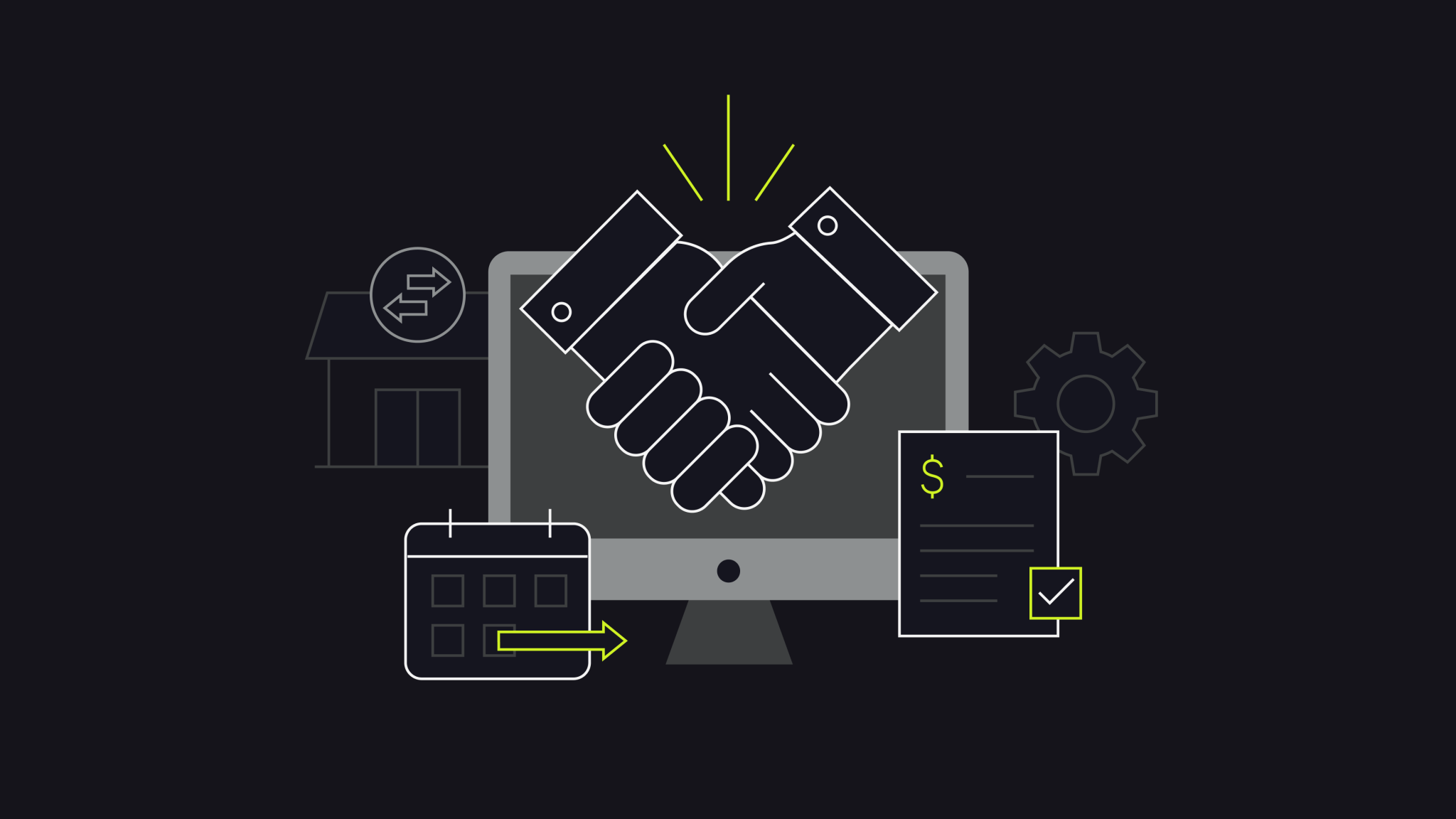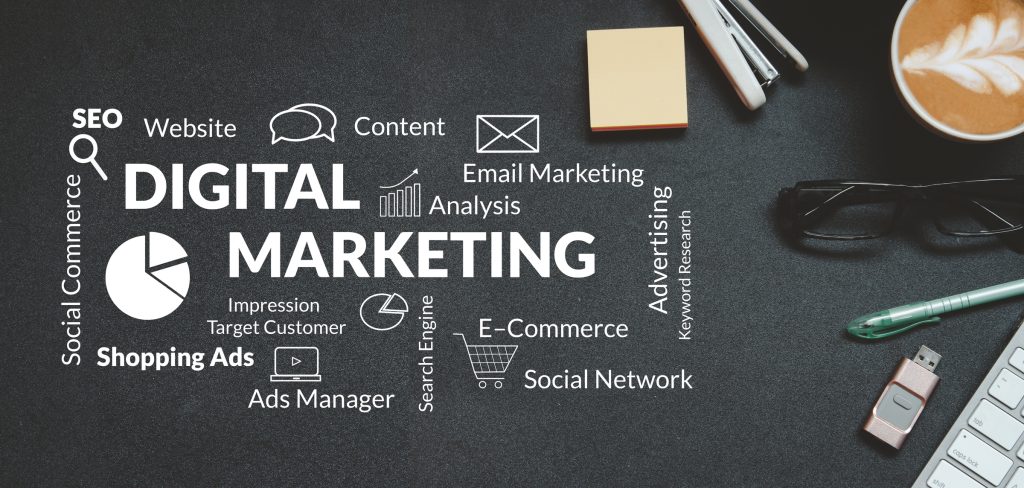Networking has become an integral part of any e-business, and to remain competitive, it must offer innovative solutions and meet customer needs. However, to be successful in e-commerce, many essential points to consider, and let’s take a closer look at each of them.
- Determine your eCommerce needs
Define your needs before you start an online business. Early identification of your needs will significantly simplify finding and selecting a CMS solution.
Start your search on the road map. Describe where your business is now and where you want to go. What features and effects does your site currently offer? Get it down on paper and make sure the solution you choose has the same (or more) potential.
Then think about your future business plans. Are you planning to expand to other stores or markets? Do you suggest any further implementation of the options? It would help if you had a solution that allows you to scale and improve your business.
Another great exercise is to map out how your customer’s shop. How will they find you? What methods do they use? How do they want their commandments to be fulfilled? The answers to these questions will allow you to decide on the appearance and capabilities you need.
- Look for Security Features
Customers will not make purchases on your e-commerce site unless they know that their financial information is secure from hackers. For this reason, whichever platform you choose, it should be equipped with security requirements such as PCI (Payment Card Industry) compliance, SSL (Secure Sockets Layer) certificates, fraud protection, and data encryption.
It is also necessary to research to identify potential risks. Appropriate changes can then be made to protect consumers from threats. It is recommended to use a programming language based on such things as such frameworks contain security data.
Magento and Shopify are two popular CMS that focuses on two indicators to reduce website clutter. Additional protection modules can be provided on applications that do not have multi-factor authentication to protect sensitive data.
- Available Themes
The themes describe the design of your online store. Every eCommerce platforms provide a variety of compatible themes to choose from. Some themes are free and available with a subscription, while others are paid and require an additional usage fee.
Consider the choice of themes offered by the platform. Also, consider how much effort you want to put into ranking your page. Different ads provide an additional amount of culture. If you are more accustomed to building a website, it may be worth a little work to create one that truly reflects your brand.
- SEO Benefits
If you want to enter any part of the online business world, you will need a high level of understanding of search engine optimization – at best.
What is SEO? This is all it takes to show your website on search engines like Google.
Over 90 per cent of the information on the Internet starts with a search engine. How you optimize your online store for search engines directly impacts how people find your site and find what they are looking for.
Nowadays, SEO for an eCommerce website requires a lot of care from the site owner, no matter the situation. It includes ongoing keyword research, listening to link building, creating new content, optimizing keywords, SEO-optimized product pages, title tags, image tags, etc.
When you choose your website, take a step back and evaluate your SEO needs, your website development skills, and how you envision your store in the future.
- Integrations and Plugins
When looking for the perfect eCommerce platform, you need to be aware of the options for using integrations and plugins. Your actual business needs will go a long way in determining the type of plugins you need on your platform.
Some of the most popular software tools and plugins used on eCommerce platforms help you with traffic, reward customers for purchases, email marketing tools, and provide additional information that helps make your business easier financially and helps you increase the speed of your e-commerce website.
Takeaway
Online shopping has become the norm in today’s technological world, and as a result of this growth, there has been a dramatic change in shopping behaviour. Businesses need to find attractive solutions and stay competitive in the crowd to meet their growing needs.
___
by Bilal
source: motifcreatives








